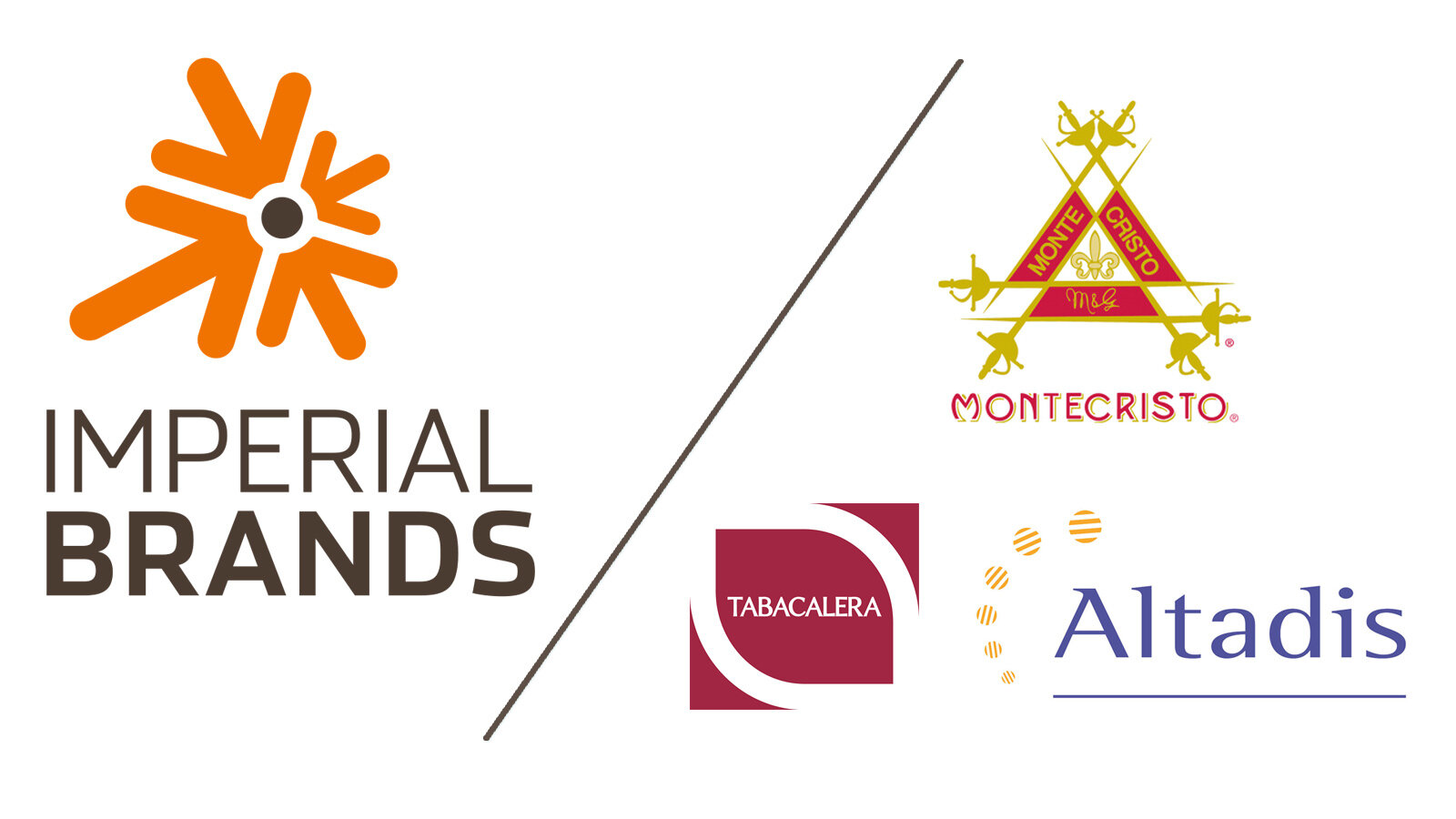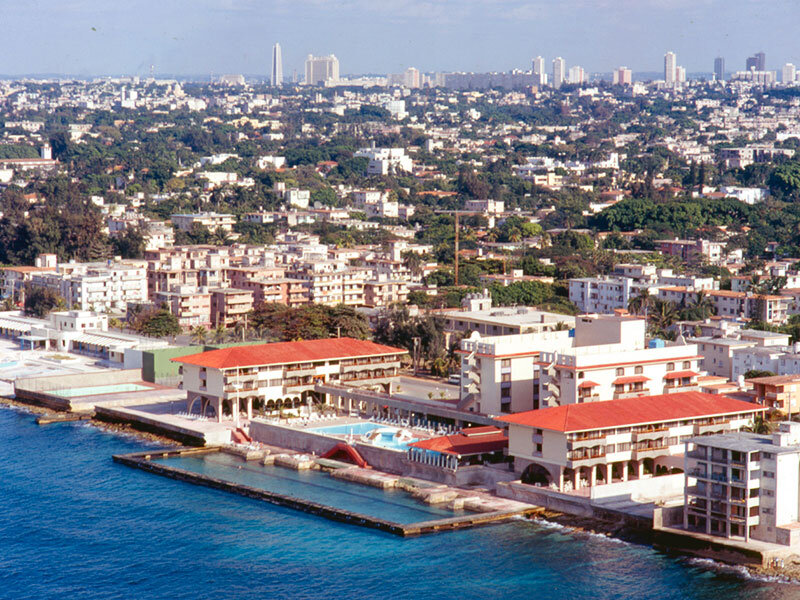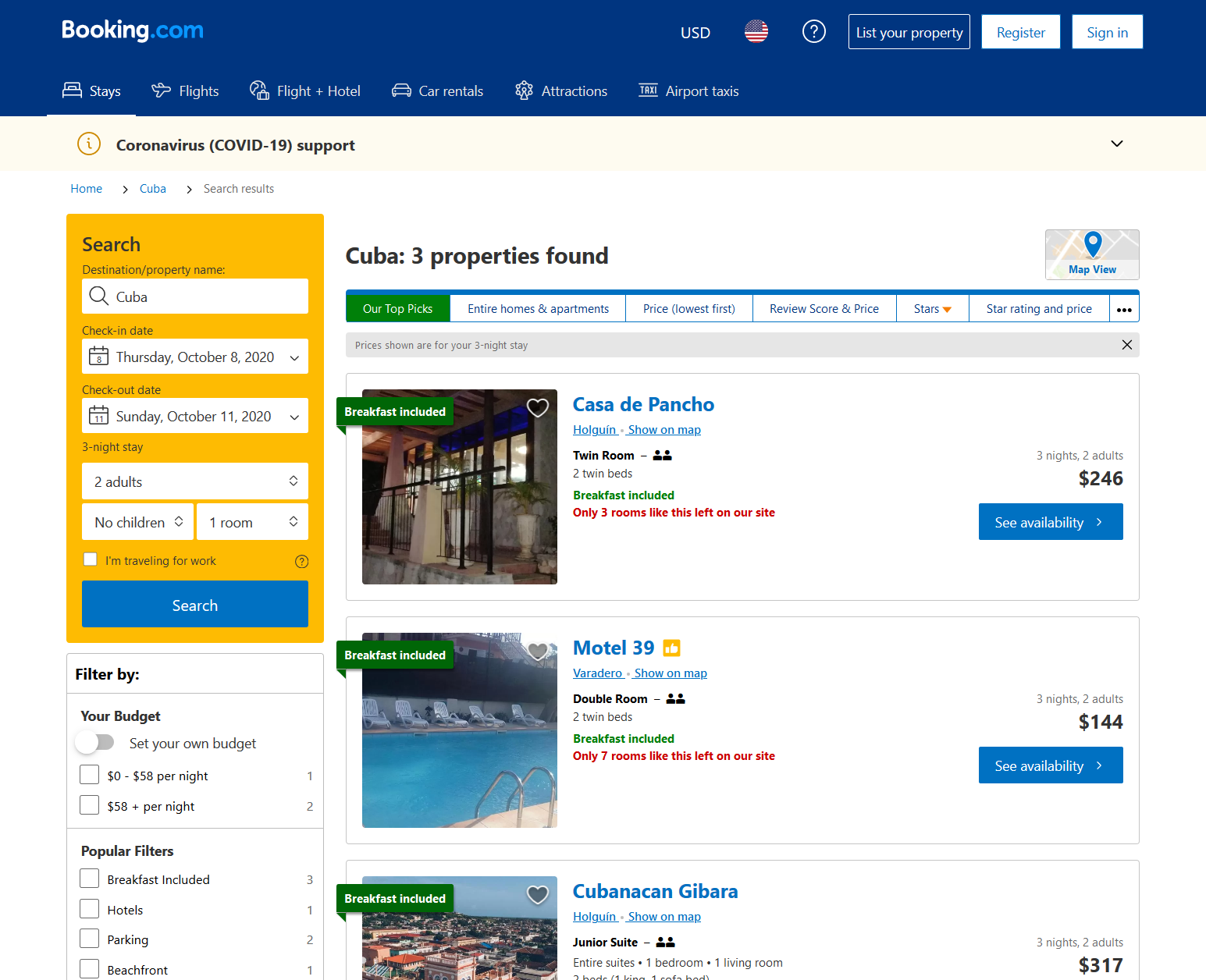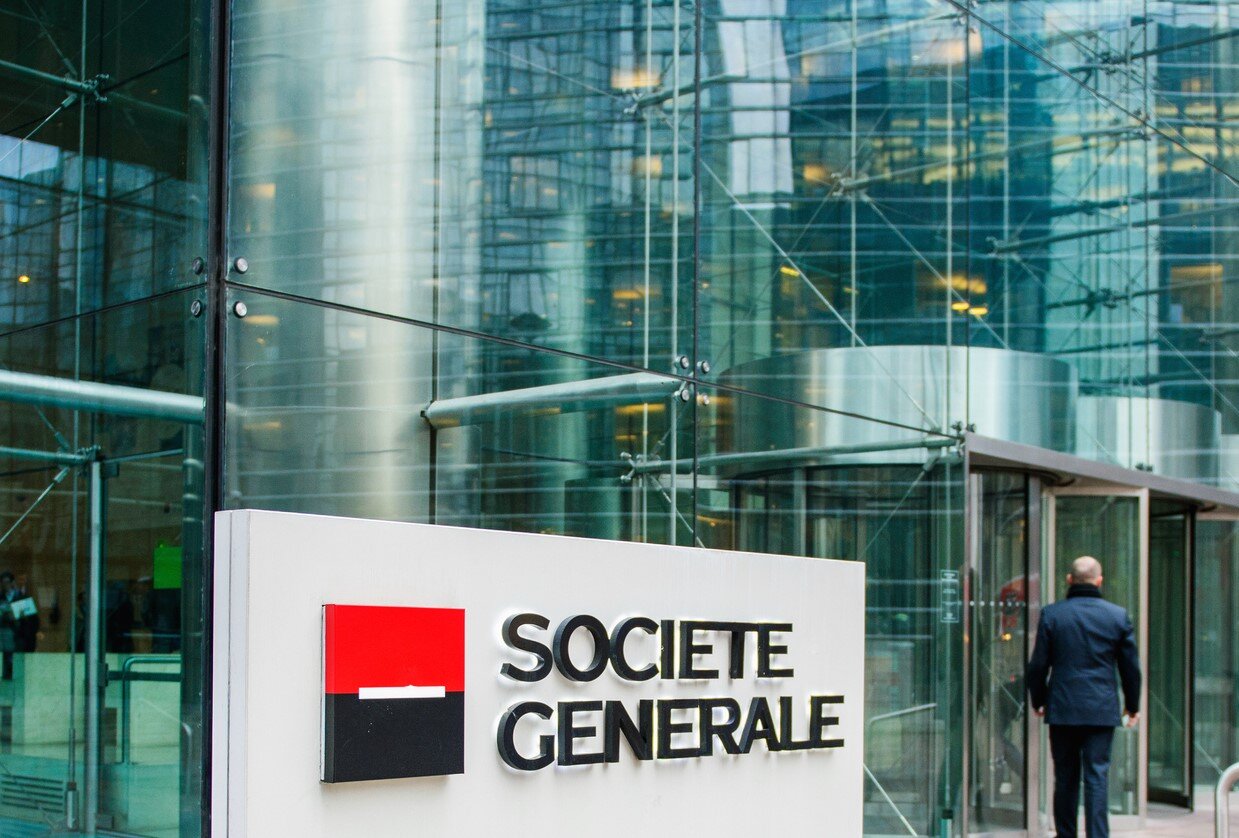France, Spain, UK
EU-Domiciled Companies Are Defendants In Libertad Act Lawsuits; Two Await Instructions From EC- One Defendant Waiting Six Months; Where Are EU Attorneys?
Bristol, United Kingdom-based Imperial Brands plc
(2019 revenues approximately US$34 billion)*
Paris, France-based BNP Paribas S.A.
(2019 revenues approximately US$49 billion)
Palma, Spain-based Iberostar Group
(2019 revenues approximately US$2.5 billion)
Paris, France-based Pernod Ricard
(2019 revenues approximately US$10.4 billion)
Paris, France-based Société Générale S.A.
(2019 revenues approximately US$25 billion)
London, United Kingdom-based WWP plc
(2019 revenues approximately US$14 billion)*
*(until 31 December 2020 when the United Kingdom departs the European Union, then United Kingdom statutes relevant)
There are two (2) Libertad Act lawsuits where the defendant(s) have requested guidance from the Brussels, Belgium-based European Commission (EC).
Iberostar Group sent its letter to the EC on 15 April 2020. Imperial Brands sent its letter to the EC on 27 August 2020.
From The EU: The EC is the European Union’s (EU) “politically independent executive arm. It is alone responsible for drawing up proposals for new European legislation, and it implements the decisions of the European Parliament and the Council of the EU.”
TEMPLATE FOR APPLICATIONS FOR AUTHORISATIONS- under Article 5 paragraph 2 of Council Regulation (EC) No 2271/96 protecting against the effects of the extra-territorial application of legislation adopted by a third country, and actions based thereon or resulting therefrom ('Regulation'). Criteria for assessing possible applications for such an authorisation are laid down in the Commission Implementing Regulation (EU) 2018/1101. This template aims to help EU operators consider and submit a possible application, by providing the basic elements to be taken into account in such an application. LINK
In the third quarter of 2019, the then twenty-eight, now twenty-seven member EC confirmed its intention to issue a Request For Proposal (RFP) to law firms in the United States. The law firm(s) would be retained to file “amicus curiae” (friend-of-the-court) motions and other motions on behalf of each Libertad Act Title III lawsuit defendant who is domiciled in the EC. To date, no RFP has been published.
Excerpt From Judge’s Order Granting Iberostar’s Motion To Stay (4/24/20): ”This requirement comes from a European Union blocking statute enacted to counteract the effects of the Helms-Burton Act, and Iberostar faces EUR 600,000 in sanctions for failure to first obtain authorization. (ECF No. 16 at ¶ 3.) Iberostar’s request for authorization has already been filed and is currently pending before the European Commission. (Id. at ¶ 18.) In the interest of international comity, this Court has determined that it is appropriate to stay this case pending the Iberostar’s request for authorization from the European Commission. The Court grants Iberostar’s motion for a stay (ECF No. 16), and the case is stayed until the European Union grants Iberostar’s request for authorization. Iberostar shall submit status reports on its request for authorization every 30 days. In the interim, the Court directs the Clerk to administratively close this case.”
On 23 September 2020, Iberostar Hoteles Y Apartamentos, S.L. filed a “Defendant’s Status Report” with the United States District Court for the Southern District of Florida.
Excerpts:
Defendant IBEROSTAR HOTELES Y APARTAMENTOS, S.L.U. (“Iberostar”) submits 1(Iberostar reserves all its rights and will move to dismiss based on its Rule 12 defenses when it receives authorization to do so from the European Commission.) this status report pursuant to this Court’s Order Granting Defendant’s Motion to Stay Proceedings dated April 24, 2020 (D.E. 17), directing Defendant to submit status reports every 30 days on its request for authorization to the European Union Commission. Defendant states as follows:
1. Since the last update filed on May 26, 2020, Iberostar continues to await a decision on its application for authorization to the European Commission to respond to the Complaint in this action which was filed with the European Commission on April 15, 2020 (the Application”). Defendant’s Motion to Stay, ¶ 2. (D.E. 16).
2. The European Commission acknowledged receipt of Defendant’s Application on May 19, 2020.
3. On June 15, 2020, Iberostar requested the European Commission to provide an update on the status of the Application.
4. On June 22, 2020, the European Commission confirmed that it is “currently assessing [Defendant’s] application,” and that the Commission does “[its] utmost to ensure that a decision is taken in due course.”
5. On August 10, 2020, the European Commission informed Iberostar regarding the procedures involved in the consideration of the pending Application. They explained that it requires “extensive consultation of both the Commission’s services and Member States’ authorities.”
6. On September 21, 2020, Iberostar requested an update from the European Commission regarding the status of Iberostar’s Application.
7. This morning, on September 23, 2020, the Commission replied that its “services are actively assessing [Iberostar’s] application.” The Commission highlighted that the “complexity of [Iberostar’s] request requires careful consideration, including extensive consultation of both the Commission services and Member States’ authorities.” Finally, the Commission confirmed that, “[d]espite the challenges presented by the current health situation, [they] do [their] utmost to ensure that a decision is taken in due course.”
8. Defendant will keep this Court duly updated of any developments on the request for authorization from the European Commission.
The Lawsuits
LUIS MANUEL RODRIGUEZ, MARIA TERESA RODRIGUEZ, a/k/a MARIA TERESA LANDA, ALFREDO RAMON FORNS, RAMON ALBERTO RODRIGUEZ, RAUL LORENZO RODRIGUEZ, CHRISTINA CONROY, and FRANCISCO RAMON RODRIGUEZ, Plaintiffs, v. IMPERIAL BRANDS PLC, CORPORACIÓN HABANOS, S.A., WPP PLC, YOUNG & RUBICAM LLC, and BCW LLC, a/k/a BURSON COHN & WOLFE LLC [1:20-cv-23287; Southern Florida District].
Berenthal & Associates (plaintiff)
Rodriguez Tramont & Nunez (plaintiff)
Nelson Mullins (defendant)
Allen & Overy (defendant)
Wilmer Cutler Pickering Hale and Dorr (defendant)
Broad & Cassel (defendant)
Akerman (defendant)
SUCESORES DE DON CARLOS NUNEZ Y DONA PURA GALVEZ, INC., BDA BANO NUNEZ V. SOCIÉTÉ GÉNÉRALE, S.A., D/B/A SG AMERICAS, INC.; THE BANK OF NOVA SCOTIA, D/B/A SCOTIA HOLDINGS (US) INC., A/K/A THE BANK OF NOVA SCOTIA, MIAMI AGENCY; THE NATIONAL BANK OF CANADA, D/B/A NATIONAL BANK OF CANADA FINANCIAL GROUP, INC.; AND BANCO BILBAO VIZCAYA ARGENTARIA, S.A., D/B/A BBVA, USA., [1:19-cv-22842; Southern Florida District]. NOTE: Case transferred to New York Southern District On 2 February 2020 [1:20-cv-00851]. Current defendants Societe Generale, S.A. and BNP Paribas, S.A.
Kozyak Tropin & Throckmorton, LLP (plaintiff)
Law Offices Of Paul Sack P.A. (plaintiff)
MoloLamken LLC (plaintiff)
Mayer Brown LLP (defendant)
ReedSmith LLP (defendant)
Astigarraga Davis Mullins & Grossman (defendant)
MARLENE CUETO IGLESIAS AND MARIAM IGLESIAS ALVAREZ V. PERNOD RICARD [1:20-cv-20157; Southern Florida District]
IPS Legal Group, P.A. (plaintiff)
Law Offices of Andre G. Raikhelson LLC (plaintiff)
Ainsworth & Clancy PLLC (plaintiff)
Carlton Fields P.A. (defendant)
Carlton Fields Jorden Burt, P.A. (defendant)
MARIA DOLORES CANTO MARTI, AS PERSONAL REPRESENTATIVE OF THE ESTATES OF DOLORES MARTI MERCADE AND FERNANDO CANTO BORY V. IBEROSTAR HOTELES Y APARTAMENTOS SL [1:20-cv-20078; Southern Florida District]
Zumpano Patricios P.A. (plaintiff)
Bird & Bird (defendant)
Holland & Knight (defendant)
NOTE: Iberostar Hoteles has two properties in the United States: 70 Park Avenue in New York City and Berkeley in Miami Beach, Florida. Iberostar Hoteles manages eighteen properties in the Republic of Cuba.
Excerpts From Defendant’s Motion To Stay Proceedings (4/23/20)
1. Iberostar is caught between the conflicting demands of two legal systems: that of the United States and that of the European Union (“EU”). On the one hand, Iberostar must respond to Plaintiff’s Complaint by May 8, 2020. On the other hand, the European Commission requires an EU-based company to obtain authorization before it can file a response to any lawsuit brought under the Cuban Liberty and Democratic Solidarity (Libertad) Act (the “Helms-Burton Act” or the “Act”). This requirement arises from the EU blocking statute enacted to counteract the effects of the Helm-Burton Act, expressly prohibiting a Spanish entity such as Iberostar1 from complying “whether directly or through a subsidiary or other intermediary person, actively or by deliberate omission, with any requirement or prohibition, including requests of foreign courts, based on or resulting, directly or indirectly, from the laws specified in the Annex [which expressly includes the Act] or from actions based thereon or resulting therefrom.” See Council Regulation 2271/96, Protecting Against the Effects of the Extra-Territorial Application of Legislation Adopted by a Third Country, and Actions Based Thereon or Resulting Therefrom, 1996 O.J. (L 309) 1 (EC) (the “Council Regulation 2271/96”) attached as Exhibit A.
2. On April 15, 2020, Iberostar filed an application for authorization from the European Commission to respond to the Complaint in this action. See Exhibit B.2 Iberostar has also requested the expedited consideration of its application to the European Commission. Iberostar does not know how long it will take to obtain a response to its application given that the applicable European legislation establishes no specific deadline for the European Commission to answer the request. Iberostar will be prepared to respond promptly after it receives a response on or after May 8, 2020. To avoid a protracted delay, this request for a stay is limited to no more than 75 days.
3. Should Iberostar ignore the European Commission’s mandate and actively participate in this action without the Commission’s authorization, each breach would be subject to a penalty of up to EUR 600,000 by the Spanish government pursuant to Spanish Law 27/1998, of July 13, on Sanctions Applicable to Infringements of the Rules Established in Council Regulation 2271/96 (“Law 27/1998”). See Law 27/1998, art. 5. The potential for sanctions is elevated given the Spanish government’s overt repudiation of Title III of the Act.
4. However, if Iberostar fails to timely respond to the Complaint, it risks the possibility of not only waiving certain Rule 12(b) defenses, but also the potential entry of a default judgment pursuant to Fed. R. Civ. P. 55.
5. Therefore, as it awaits a response from the European Commission on its application, Iberostar respectfully requests a brief stay of proceedings based on the principle of international comity that counsels recognition and accommodation by U.S. courts of a foreign jurisdiction’s interests in a matter involving its nationals. A temporary stay will also conserve the parties’ and the Court’s scarce judicial resources. If the motion is granted, Iberostar will provide status reports on the progress of its application every thirty (30) days, or as otherwise directed by the Court. Iberostar further warrants that it will continue to press for an expeditious disposition of its pending application before the European Commission. To that end, Iberostar has already asked the Secretariat of State for Commerce of the Kingdom of Spain to bring to the attention of the European Commission the need to timely address the request for authorization filed by Iberostar.
Defendant has conferred with Plaintiff’s counsel about the request to stay the proceedings in accordance with Local Rule 7.1(a)(3), and Plaintiff’s counsel does not agree to the requested relief.
Court Document Links:
Template For Applications For Authorisations To EU (9/18/20)
Defendant's Status Report Maria Delores Canto Marti v. Iberostar Hoteles y Apartamentos S.L. (9/23/20)
Order Denying Motion To Vacate Stay In Maria Delores Canto Marti v. Iberostar Hoteles y Apartamentos S.L. (9/17/20)
Reply In Further Support Of Defendant Imperial Brands PLC’s Motion For A Limited Stay (9/18/20)
Defendant Imperial Brands PLC's Opposition To Motion To Strike The Declaration Of Andrew Rhys Davies (9/22/20)
Defendant Imperial Brands PLC’s Motion For A Limited Stay (8/28/20)
Libertad Act Lawsuit Filing Statistics
LINK To Posts
Iberostar Hotels Of Spain Sued By Former Property Owners Using Libertad Act
EC Now Has To Decide What It Perhaps Doesn’t Want To Decide- Iberostar Of Spain Libertad Act Lawsuit Is First To Report U.S. Court Recognizing EC’s Interest In Title III Lawsuits April 26, 2020




































